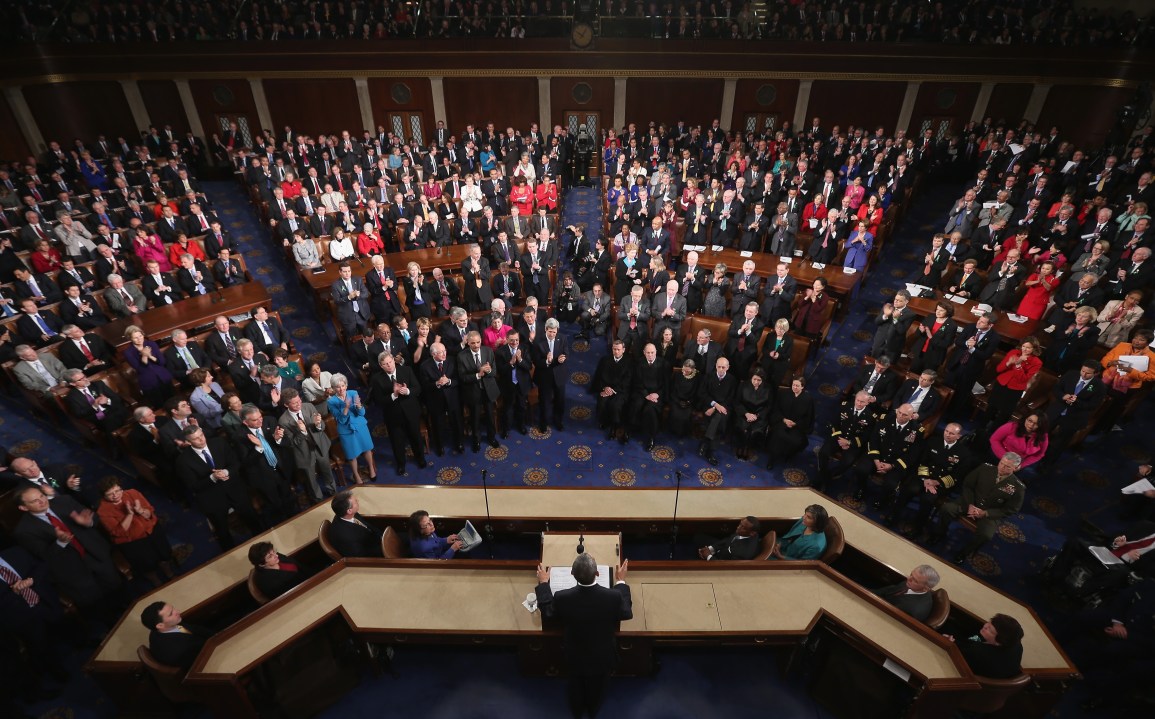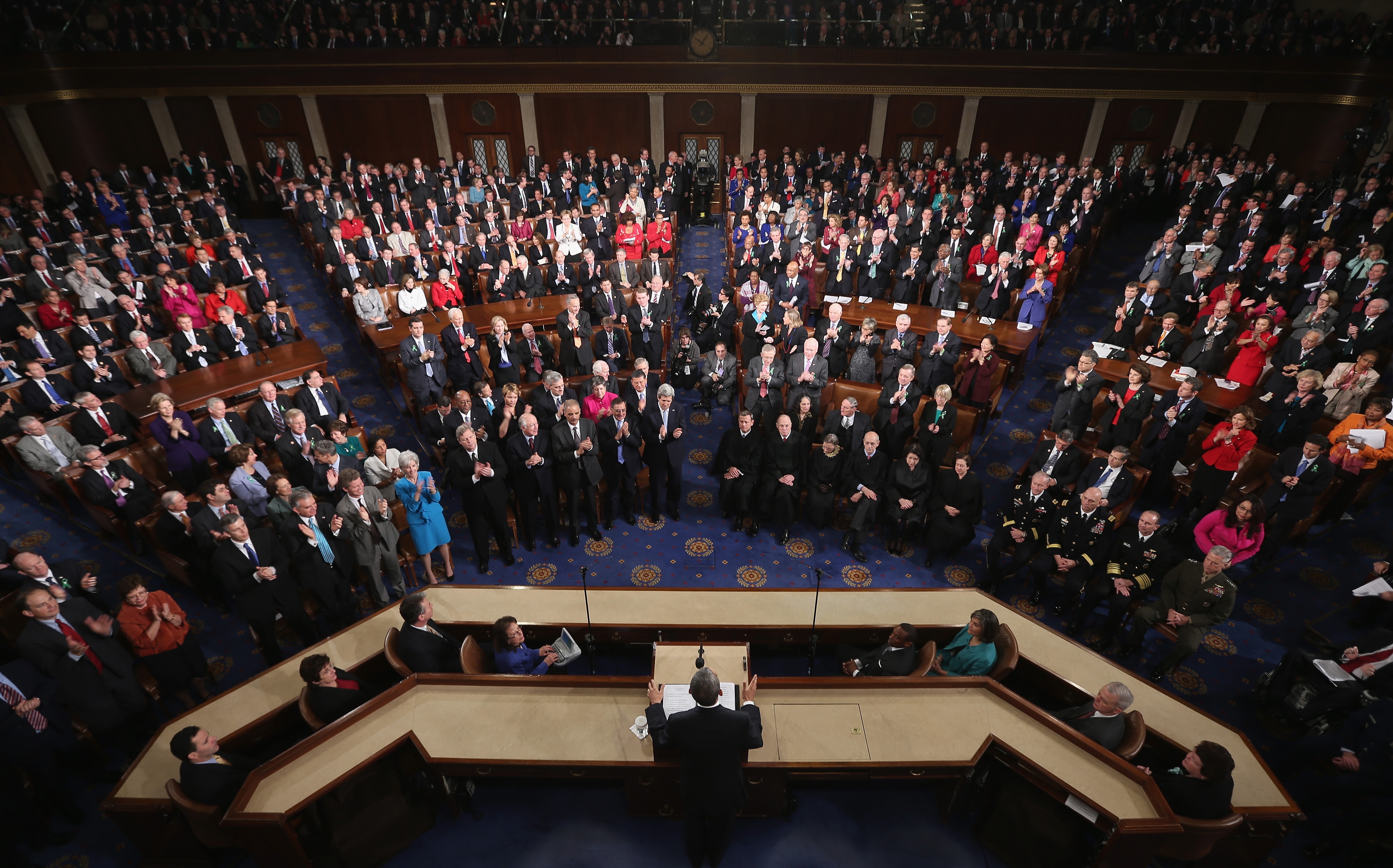I see that Con Coughlin is at it again. Apparently, you see, Barack Obama has “taken leave of reality”. How so? By declaring that al-Qaeda is but “a shadow of its former self”. That seems a reasonable statement to me. Moreover, the sensible response to that declaration is surely I should bloody well hope so. Otherwise what have we – that is, chiefly, the US Armed Forces – been doing these past dozen years?
According to Con, however, the President is, at best, hopelessly naive and, more probably, abdicating from his responsibilities. You see:
Is he forgetting that it is only five months since Chris Stevens, the US ambassador to Libya, died following an attack on the American Consulate in Benghazi by al-Qaeda militants? Is he unaware of al-Qaeda’s takeover of large swathes of North Africa? Hasn’t anyone told him that al-Qaeda is now playing an active role in trying to overthrow the Assad regime in Damascus, as well as infiltrating other Islamist movements in places such as Egypt and Tunisia?
We can all understand Mr Obama’s desire to make reviving the American economy his first priority. But it is downright dangerous for him to claim that the fight against militant Islam is over, and that it is safe to bring home the troops.
But then avoiding conflict has been the cornerstone of Mr Obama’s presidency since he first took office four years ago, no matter how great the provocation.
There’s much to quibble with here but, first, let’s take a peek at what Obama actually said:
Different al-Qaeda affiliates and extremist groups have emerged — from the Arabian Peninsula to Africa. The threat these groups pose is evolving. But to meet this threat, we don’t need to send tens of thousands of our sons and daughters abroad or occupy other nations. Instead, we will need to help countries like Yemen, Libya and Somalia provide for their own security, and help allies who take the fight to terrorists, as we have in Mali. And, where necessary, through a range of capabilities, we will continue to take direct action against those terrorists who pose the gravest threat to Americans.
Make of that what you will, too. But one thing to make of it is that the suggestion Obama is abandoning the field to al-Qaeda requires one, to put it kindly, misrepresent his words.
The contrast between the President and some of his critics is marked. Like any other President Obama is unlikely to get every call correct but at least he seems capable – as some of his critics do not – of appreciating that situation change and that not every foreign policy question demands the same answer.
And, of course, he was elected (twice) on a platform pledging to wind down America’s presence in Iraq and Afghanistan. It is true that it is not at all clear what the rump force of American troops he plans to leave in Afghanistan will or can actually achieve; it is also unclear what the present level of troop deployment to the Hindu Kush can or will actually achieve.
Willpower, in any case, is not enough. What’s more, democracies can only sustain prolonged foreign interventions with the consent of the people. Eventually the public’s patience for such entanglements diminishes. War is a political matter.
But, as Obama makes clear, there is more than one way to prosecute a battle. The drone war, whatever you make of its ethics and outcomes, has if nothing else killed a large number of US “targets”. Similarly, only someone who fails to pay attention can claim that the US military is now quitting the world. On the contrary, it is involved – to one degree or another – on every continent. Including northern and western africa.
There is a difference, however, between relative and absolute security. The latter is impossible but do we really believe that al-Qaeda and its affiliates are – at present – in a position to produce a 9/11-scale spectacular inside the United States? If they aren’t – if, that is, al-Qaeda’s leadership and infrastructure has been “degraded” then, in a relative sense, American (and western) security has been increased in the places that security matters most: at home.
Noting that, however, is hardly the same as claiming that the campaign is over. No-one, I think, actually claims that, far less the President of the United States. Obama does not claim that this campaign is “over”, merely that it is not the campaign it was a decade ago and henceforth must be fought in different ways (and in different places). This is hardly defeatism; it sounds like prudence instead.
Why is that seemingly so difficult to understand?








Comments